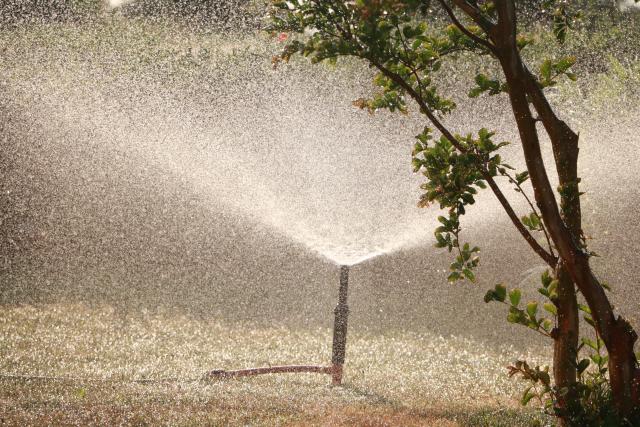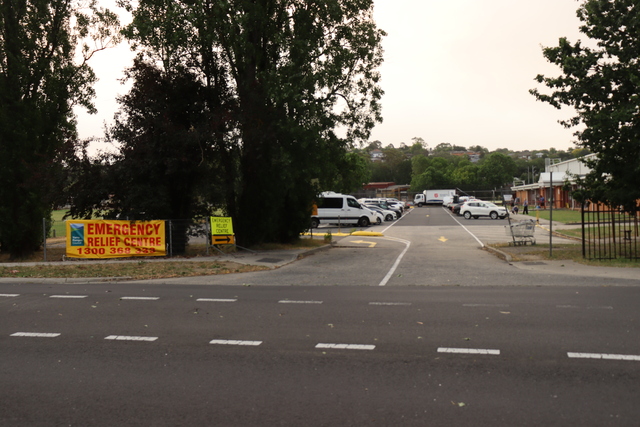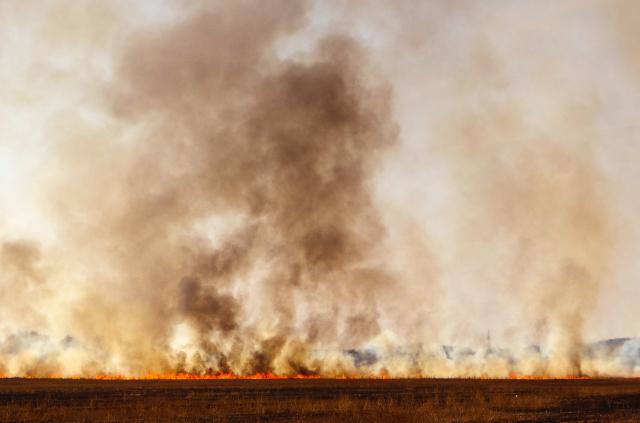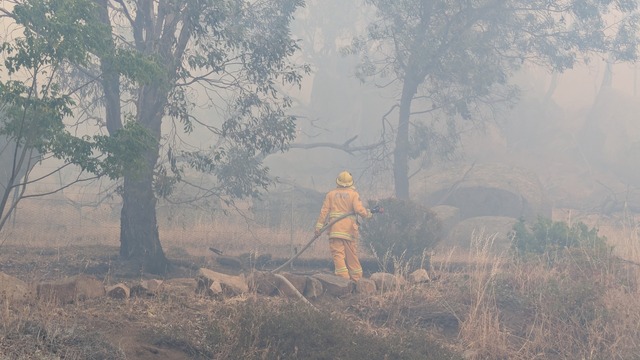THE Victorian Bushfires Royal Commission has reached a pivotal stage in its work with the release of an interim report.
Our communities will find many welcome recommendations in that initial response to the tragedy that hit our area on Black Saturday – improved command structures, better communications within emergency services, a return of local fire sirens to warn of an emergency.
Most importantly we welcome the core recommendation that the protection of life comes before property.
But there are disappointments, too, with the interim report.
Hundreds of people made submissions to the commission recounting their experiences on that horrific day, using knowledge and hindsight to help our communities better prepare and prevent a future disaster of similar magnitude.
There were 485 submissions, the most on any subject, on the need for better fuel reduction programs. Amazingly, the commission chose not to include one recommendation on fuel reduction that would enable and empower us to tackle fuel loads in the 57 days now remaining to the next fire season.
Scientific evidence clearly defines the link between a fire’s intensity and the amount of fuel around homes, along roadsides and on forest floors.
The commission has already heard of the ferocious intensity of flames on Black Saturday.
The People’s Review of Bushfires in Victorian between 2002 and 2007 makes similar observations on fuel reduction programs, or in the case of our state, an unacceptable lack of work.
Compelling reading, the report was written before February 7. While its release was delayed by events of that day, the chilling analysis only adds to our frustration at the increase in fuel loads over the last decade.
In contrast with the lacklustre Victorian approach is the Portugese region of Sintra which experienced devastating fires in 2003 and 2007.
During my recent study trip to investigate fire prevention methods, I discovered that Sintra, a World Heritage listed area, has implemented sensible programs to thin forest floor fuel and sensitively clear roadsides by up to 10 metres – reducing fire risk and better protecting people.
And this is achieved not by bureaucratic decrees but by the community.
An increasing web of regulations and rules over the last decade has strangled and stifled local initiative in our communities, ignored local knowledge and dismissed warnings from within our communities as fuel loads rose to dangerous levels.
The Royal Commission’s recommendation to put people first would be assisted by removing those inhibiting caveats imposed by the Brumby Government and municipal councils.
Currently, I am organising a series of community forums to promote sensible fuel reduction in our communities. The first was held last week in Kilmore, more will follow.
Drawing on our experiences here and the knowledge of how Portugal and other southern European high fire prone countries now approach fire prevention management, fuel reduction is a crucial element in better preparing for summer.
As the Royal Commission advances over the next 11 months, it is important that we continue to highlight the link between fuel reduction and the safety of those who live in our communities.
Reduce the load
Digital Editions
-

Water storage levels dip below 75 per cent, water saving efforts encouraged
Melbourne’s water storages levels have dipped below 75 per cent in 2026, caused by hot, dry conditions, record-low streamflows and higher household use last year…





